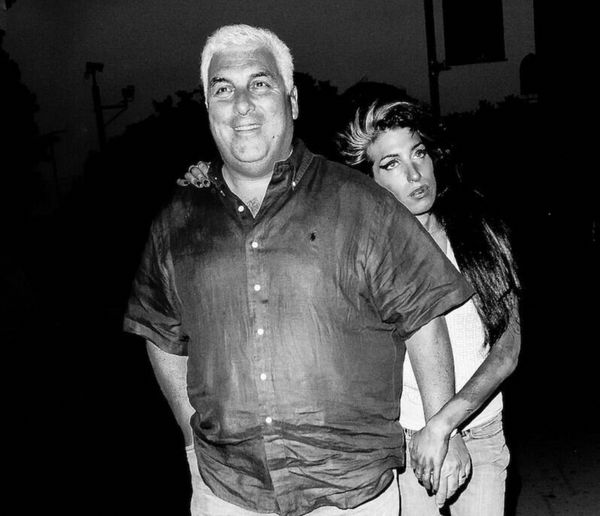
Amy Winehouse, the renowned British soul singer, captivated millions with her unique blend of soul, jazz, and pop music. Songs like “Rehab” resonated with fans around the globe. However, behind the scenes, Amy battled with substance abuse.
Tragically, her relentless struggle with addiction cut her life short at the young age of 27 due to alcohol poisoning. In this article, we will delve into Amy Winehouse’s heartbreaking story and explore the factors that contributed to her untimely demise.

Amy Winehouse was born on September 14, 1983, in London. Even from an early age, her musical talent shone bright. Growing up in a nurturing middle-class family, Amy dreamed of becoming a beloved musician.
She began writing songs at the tender age of 14 and later formed a hip-hop group with her friends. At just 19 years old, she signed her first record deal and achieved critical acclaim with her debut album, “Frank.” Sadly, her rise to fame also came hand in hand with personal struggles.

As Amy’s star soared, so did her addiction to drugs and alcohol. Her relationship with Blake Fielder-Civil only exacerbated her substance abuse issues. Public arrests, drug possession, and assault charges overshadowed her once bright star. The media closely watched, documenting her emotional and physical distress.
Despite the success of her album “Back to Black” and winning five out of six Grammy nominations, Amy Winehouse’s life continued to spiral out of control. Legal troubles prevented her from attending the Grammy Awards in person.
Her father revealed the extent of her addictions, claiming she had emphysema due to crack cocaine abuse. Winehouse battled alcoholism, drug addiction, and even developed an eating disorder. Her performances suffered, with canceled shows and struggle to perform due to intoxication.

In her final months, Amy’s life rapidly deteriorated. A devastating performance in Belgrade, Serbia marked the beginning of the end. She grappled with alcohol withdrawal and anxiety, but her lack of commitment to sobriety hindered her efforts.
Amy’s final call to her physician revealed her desire to live, but her addiction proved overwhelmingly powerful. On July 23, 2011, she was found dead in her bed, a victim of alcohol poisoning. Her blood-alcohol level was five times above the legal limit for driving.

Following Amy’s death, the search for answers and someone to blame began. Her father, Mitch Winehouse, faced criticism for not doing enough to help her. Her ex-husband, Blake Fielder-Civil, was also blamed for introducing her to drugs. The media, often sensationalizing her struggles, faced scrutiny as well. However, in the end, her tragic fate was a result of multiple factors.
Amy Winehouse’s legacy lives on through her music, serving as a poignant reminder of the devastating consequences of addiction. While her demons ultimately overwhelmed her, it is vital to remember that she was not just a troubled star; she was a human being.
Let us reflect not only on her exceptional talent but also on the significance of compassion and support in the face of addiction.







